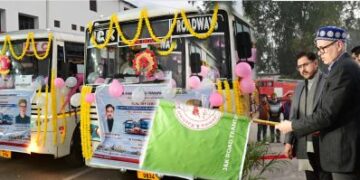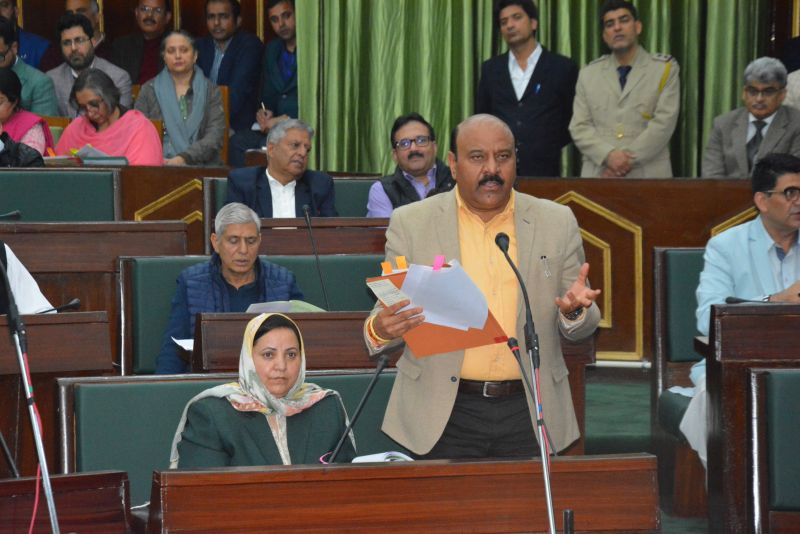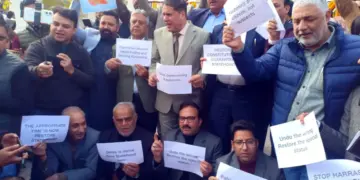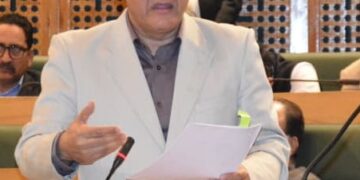SRINAGAR: A workshop was organized by SAAYA, in collaboration with the Law Society, School of Law, University of Kashmir and J&K RTI Movement to commemorate the 17th anniversary of RTI Act, 2005.
Dr. Mohammad Yasin Wani, Assistant Professor and Course Coordinator, School of Law, University of Kashmir hosted the event. Prof. Beauty Banday, Head and Dean, School of Law, University of Kashmir, formally introduced the dignitaries and expressed her thanks to all those present.
Advocate Naveed Bukhtiyar, Coordinator, J&K RTI Movement, shed some light on what RTI is and spoke about its importance. He highlighted the different ways RTI is misused, citing different sections of the act. He said, “This is a very powerful tool. It is the responsibility of law students to learn about RTI so that they can help people in the future. Administrative efficiency shouldn’t be compromised while using this law.”
Dr. Mir Junaid Alam, Assistant Professor, School of Law, University of Kashmir, further expounded how government officials abuse RTI.
Dr. Shahnaz, Sr. Asst. Professor, School of Law, University of Kashmir, elucidated about the history and the background of the act, and how the enactment of RTI is a landmark legislation in the field of administrative law. “One should seek information within the limits of law,” she said. She spoke about a few remedies for curbing the misuse of RTI by citing recent writ petitions.
Dr. Sheikh Ghulam Rasool, Founder and Chairperson, J&K RTI Movement, spoke about his personal experiences that led him to become an RTI activist.
Prof. Mohd. Hussain, Professor and Former Head and Dean, School of Law, University of Kashmir, showed his appreciation for the present RTI activists. He talked about his analysis of the present society. Dr. Nisar Ahmad Mir, Registrar, University of Kashmir, who was the Chief Guest of the event, encouraged the students to become RTI advocates.
Prof. Mohd. Ayub, Professor and Former Head and Dean, School of Law, University of Kashmir, explained the importance of RTI, if applied properly, in socio-economic settings.







